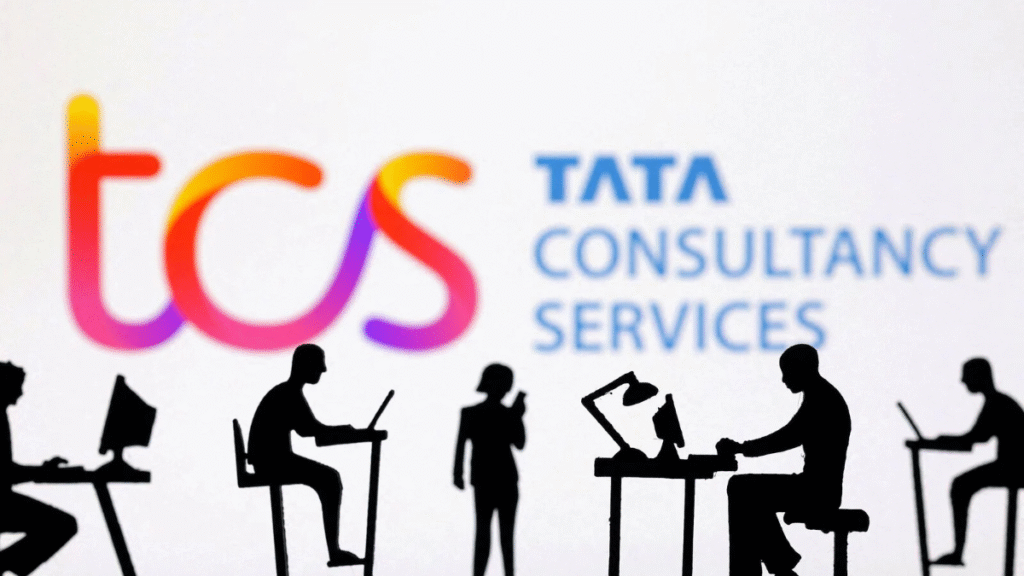July 28, 2025 – Shares of Tata Consultancy Services (TCS), India’s largest IT services exporter, experienced a notable decline of nearly 2% in early trade on Monday, following the company’s announcement of plans to reduce its global workforce by approximately 12,000 employees. This move, representing about 2% of its total headcount, sent ripples across the IT sector, causing the Nifty IT index to slip by over 1%.
The announcement comes amidst a period of sustained macroeconomic uncertainty and evolving business demands, leading to a challenging environment for IT services firms. TCS, which reported a global workforce of 613,069 at the close of June 2025, stated that the layoffs would primarily impact middle and senior-level positions. The company emphasized that this restructuring is part of its ongoing journey to become a “future-ready organization,” indicating that the deployment of some associates may no longer be feasible under current market conditions.
While job cuts are often perceived negatively, market analysts suggest that investors are weighing the immediate cost-cutting benefits against concerns about a broader slowdown in the IT sector and potential impacts on employee morale and future innovation. The IT industry as a whole has seen a deceleration in growth, with job additions across the top six Indian IT majors falling sharply by over 72% in the April-June quarter compared to the preceding quarter.
TCS CEO K Krithivasan clarified that the job cuts are primarily due to a “skill mismatch” rather than being directly caused by artificial intelligence replacing roles. He reiterated the company’s commitment to seeking high-quality talent despite the workforce reduction. The company has also assured that the transition will be managed with due care to ensure no impact on client service delivery. Affected employees are expected to receive full notice period remuneration, additional severance benefits, extended insurance coverage, and career transition assistance.
However, the announcement also coincides with reports of TCS facing resistance from employees regarding its updated “bench policy,” which stipulates a maximum of 35 non-project days annually and requires a minimum of 225 billable days per year. This policy, along with the recent delays in onboarding some experienced lateral hires, has contributed to a cautious sentiment among investors.
The Nifty IT index, a barometer for the Indian IT sector, reflected this unease, declining by over 1%. This broader slip indicates that the challenges faced by TCS are not isolated, and the entire industry is navigating a period of adjustment. While some analysts maintain a positive medium-to-long-term outlook for TCS, citing the high technology debt in enterprises which could lead to a revival in spending as macro conditions improve, the immediate market reaction underscores investor sensitivity to workforce restructuring in a slowing demand environment.
TCS’s share price had seen fluctuations throughout 2024 and 2025. After some positive momentum in early 2024, the stock has experienced corrections, particularly from Q3 FY25 onwards, with a noticeable dip post its Q1 FY26 earnings. The rising attrition rates within the company have also been cited as a contributing factor to the cautious investor sentiment, highlighting a potential correlation between workforce stability and market valuation.
As the IT sector continues to evolve with technological advancements like AI and navigate global economic headwinds, companies like TCS are making strategic decisions to adapt. The coming quarters will reveal how these restructuring efforts impact not only the company’s financial performance but also the broader employment landscape within the Indian IT industry.
